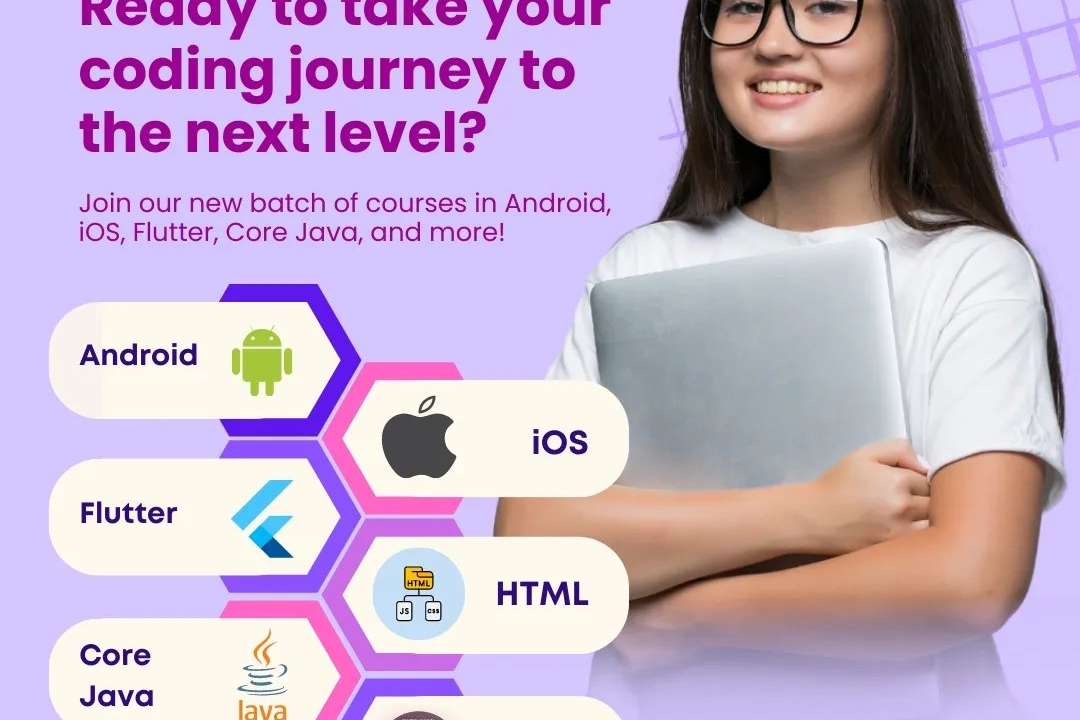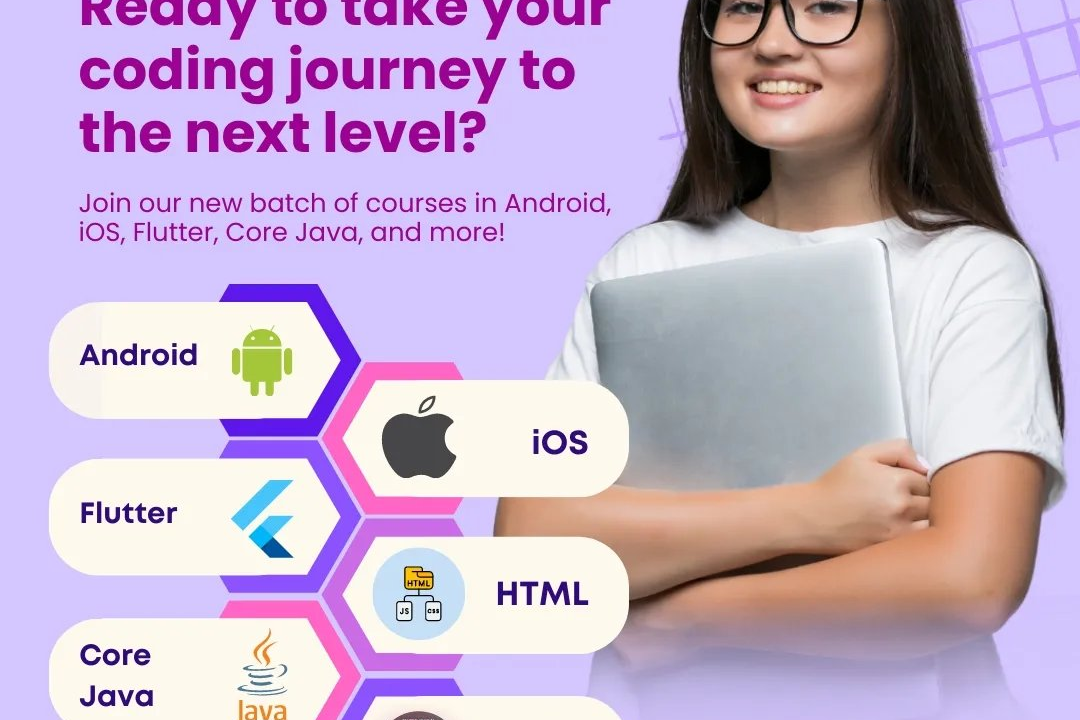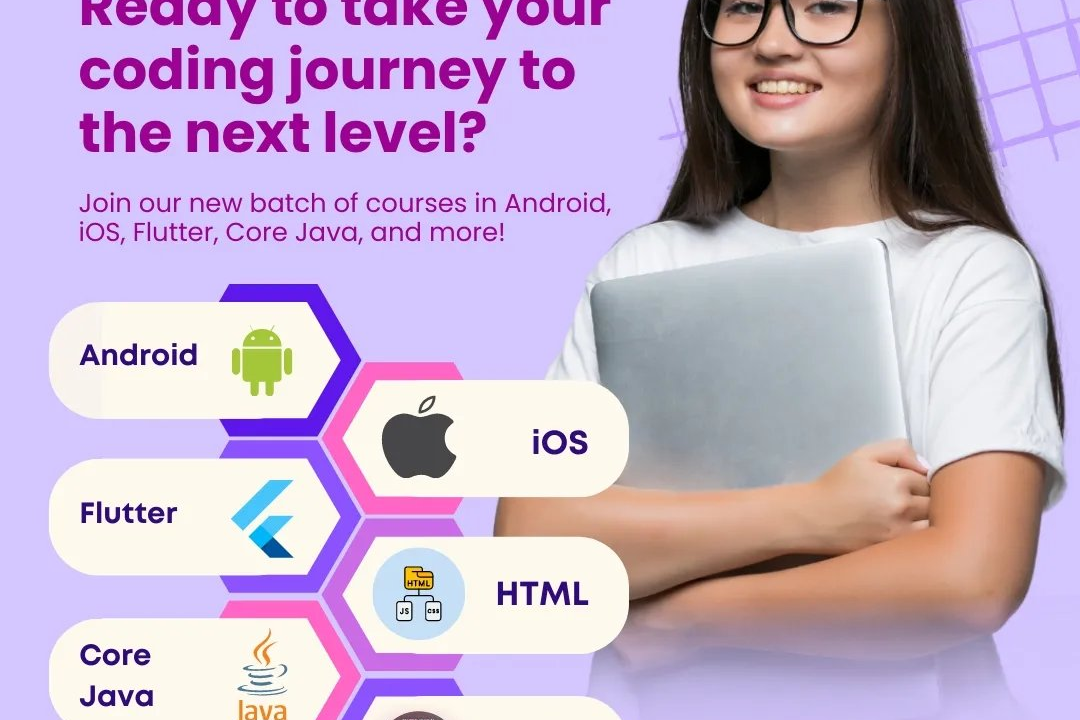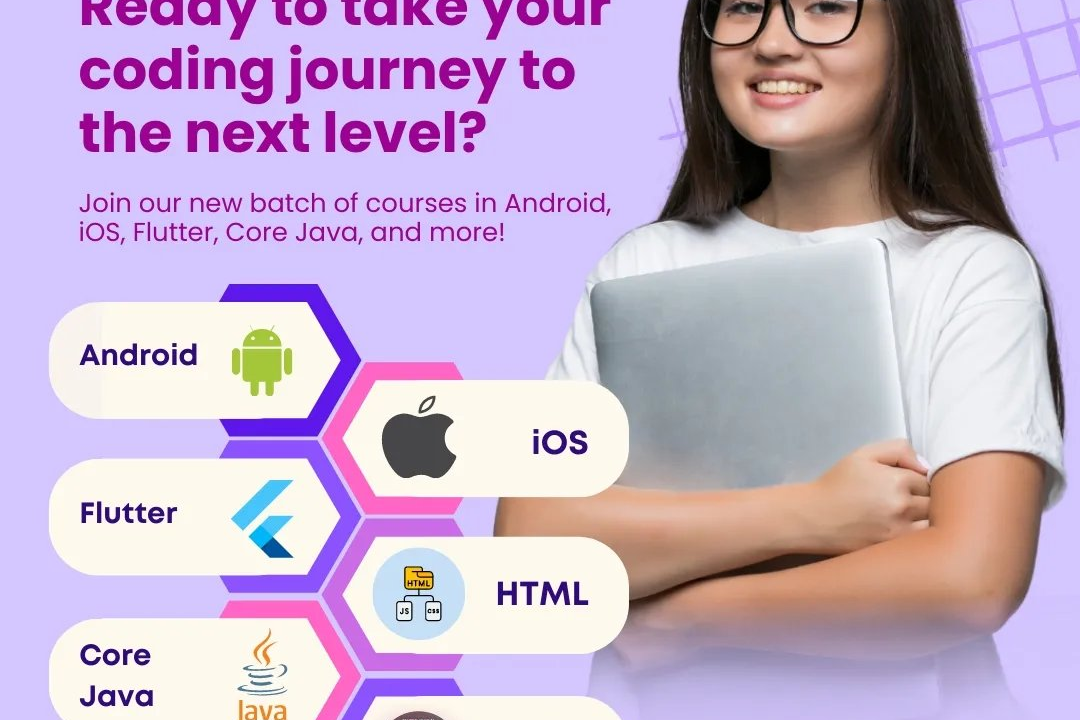Best Top Most Real Time Interview Questions On Manual Testing
The best top real-time interview questions on manual testing focus on assessing a candidate's practi
Best Top Most Real Time Interview Questions On Manual Testing
Understanding the best real-time interview questions on manual testing is essential for both candidates and employers in the software development industry. These questions not only gauge a candidate's theoretical knowledge but also their practical application of manual testing processes, methodologies, and tools. By exploring scenarios related to test case design, defect management, and software quality assurance, interviewers can assess a candidate's problem-solving skills, attention to detail, and ability to work under pressure. For candidates, mastering these questions prepares them to confidently showcase their expertise, making them more appealing to prospective employers looking to ensure high-quality software delivery. This alignment ultimately contributes to effective collaboration within development teams and enhances the overall software quality assurance process.
To Download Our Brochure: https://www.justacademy.co/download-brochure-for-free
Message us for more information: +91 9987184296
Understanding the best real time interview questions on manual testing is essential for both candidates and employers in the software development industry. These questions not only gauge a candidate's theoretical knowledge but also their practical application of manual testing processes, methodologies, and tools. By exploring scenarios related to test case design, defect management, and software quality assurance, interviewers can assess a candidate's problem solving skills, attention to detail, and ability to work under pressure. For candidates, mastering these questions prepares them to confidently showcase their expertise, making them more appealing to prospective employers looking to ensure high quality software delivery. This alignment ultimately contributes to effective collaboration within development teams and enhances the overall software quality assurance process.
Course Overview
The “Best Top Most Real-Time Interview Questions on Manual Testing” course at JustAcademy is designed to equip aspiring software testers with an extensive array of interview questions and practical scenarios commonly encountered in the field of manual testing. This comprehensive program covers fundamental principles, testing methodologies, and best practices, ensuring participants are well-prepared to tackle interviews confidently. Through interactive sessions and real-time project simulations, learners will enhance their critical thinking and problem-solving skills, while gaining valuable insights into defect identification, test case design, and quality assurance processes. By the end of the course, participants will possess not only theoretical knowledge but also practical experience, making them highly competitive candidates in today's job market.
Course Description
The “Best Top Most Real-Time Interview Questions on Manual Testing” course at JustAcademy is meticulously designed to prepare individuals for successful careers in software testing. This course offers an extensive collection of real-time interview questions that reflect current industry standards, covering essential topics such as test planning, test case design, defect management, and testing methodologies. Participants will engage in practical exercises and project simulations, allowing them to apply their knowledge in realistic scenarios. By the end of this course, learners will not only understand key concepts but also gain the confidence and competence needed to excel in manual testing interviews, making it an invaluable asset for aspiring testers looking to stand out in a competitive job market.
Key Features
1 - Comprehensive Tool Coverage: Provides hands-on training with a range of industry-standard testing tools, including Selenium, JIRA, LoadRunner, and TestRail.
2) Practical Exercises: Features real-world exercises and case studies to apply tools in various testing scenarios.
3) Interactive Learning: Includes interactive sessions with industry experts for personalized feedback and guidance.
4) Detailed Tutorials: Offers extensive tutorials and documentation on tool functionalities and best practices.
5) Advanced Techniques: Covers both fundamental and advanced techniques for using testing tools effectively.
6) Data Visualization: Integrates tools for visualizing test metrics and results, enhancing data interpretation and decision-making.
7) Tool Integration: Teaches how to integrate testing tools into the software development lifecycle for streamlined workflows.
8) Project-Based Learning: Focuses on project-based learning to build practical skills and create a portfolio of completed tasks.
9) Career Support: Provides resources and support for applying learned skills to real-world job scenarios, including resume building and interview preparation.
10) Up-to-Date Content: Ensures that course materials reflect the latest industry standards and tool updates.
Benefits of taking our course
Functional Tools
1 - JUnit
JUnit is a widely used testing framework for Java applications. It allows testers to write and run repeatable tests, helping to ensure code quality and functionality. The tool simplifies the process of managing test cases and offers annotations to help organize and execute tests efficiently. Its integration with development environments makes it easy for manual testers to collaborate with developers and transition smoothly into test automation when necessary.
2) Selenium
Selenium is an open source tool primarily used for automating web applications. While it is commonly associated with test automation, understanding Selenium is crucial for manual testers as well. The course teaches students how to use Selenium IDE for record and playback functionality. This hands on experience enables testers to familiarize themselves with automated testing processes and prepares them for future responsibilities as teams shift to more automated practices.
3) JIRA
JIRA is an essential project management tool used for tracking bugs and issues. It provides a platform for manual testers to document test cases, report bugs, and monitor their resolution. Students learn to navigate JIRA's interface, understand its workflow, and contribute to the overall project management process. Familiarity with JIRA is a highly sought after skill in the job market, enhancing the employability of course participants.
4) Bugzilla
Bugzilla is another popular issue tracking tool that allows manual testers to report bugs and monitor their status. The course covers how to create and manage bug reports, conduct queries, and utilize Bugzilla's reporting features effectively. Learning to work with Bugzilla provides students with a solid grounding in defect management processes, crucial for maintaining software quality.
5) TestRail
TestRail is a test case management tool that supports organizing and tracking test cases. Participants are trained in creating test plans, writing test scenarios, and executing them within TestRail. The tool's reporting features enable testers to analyze results and metric trends efficiently. Understanding TestRail helps students enhance their organizational skills and contributes significantly to the testing process, ensuring smooth execution of testing phases.
6) Postman
Postman is a powerful tool for testing APIs. Although primarily aimed at automated API testing, manual testers benefit from using Postman to verify endpoints, analyze responses, and ensure that back end services integrate correctly. The course includes hands on training in sending requests and validating API responses, equipping participants with knowledge essential for today’s software testing landscape, where API functionality is critical to application performance.
7) Microsoft Excel
While it may seem basic, Microsoft Excel is an underappreciated tool in manual testing. It is essential for organizing test cases, logging defects, and performing data analysis. The course emphasizes the use of Excel for managing test case data, providing students with skills to handle and present information systematically. Knowing how to utilize Excel effectively in testing scenarios can streamline the workflow and improve communication of testing results to stakeholders.
8) Agile Methodologies
Understanding Agile methodologies is critical for modern manual testers, as many organizations now adopt Agile practices. The course covers the principles of Agile, the importance of collaboration in cross functional teams, and how manual testing fits into the Agile development cycle. Participants learn to adapt their testing approach according to Agile principles, ensuring they can contribute effectively to rapid development cycles and continuous delivery processes.
9) Exploratory Testing
Exploratory testing is a crucial skill for manual testers. This unscripted testing approach allows testers to explore applications dynamically, uncovering defects that scripted tests may miss. The course emphasizes critical thinking, creativity, and the importance of tester intuition. By practicing exploratory testing techniques, participants can develop their problem solving skills, making them more effective at identifying potential issues in software applications.
10) Usability Testing
Usability testing focuses on how user friendly and intuitive a software application is. Manual testers are trained to evaluate applications for their ease of use, accessibility, and overall user experience. The course explores various usability testing methods, including user feedback sessions and heuristic evaluations. Understanding usability testing principles enables testers to advocate for the end user and contribute to higher quality applications that meet customer expectations.
11 - Performance Testing Basics
While performance testing typically involves more automation, manual testers should understand its principles. The course introduces concepts like load, stress, and endurance testing. Students learn to identify the appropriate metrics and tools for assessing application performance. This foundational knowledge prepares manual testers for collaboration with performance testing teams and enhances their ability to assess the overall quality of an application beyond just functionality.
12) Test Strategies and Planning
A significant part of manual testing involves planning and strategizing the testing process. The course covers developing test strategies, defining scope, identifying resources, and scheduling test activities. Participants learn how to create comprehensive test plans that align with project goals and requirements. Mastering test planning equips students with the skills needed to ensure thorough and efficient testing processes.
13) Risk Based Testing
Risk based testing focuses on identifying and prioritizing test cases based on potential risks. Participants learn how to assess risk levels associated with various features or components of an application. By prioritizing testing efforts where risks are high, manual testers can ensure that critical issues are addressed first, leading to more efficient use of resources and better overall product quality.
14) Collaboration and Communication Skills
Effective collaboration and communication are vital skills for manual testers. The course emphasizes the importance of interacting with different stakeholders, including developers, project managers, and business analysts. Participants develop skills to articulate test findings clearly, facilitate meetings, and contribute to collaborative problem solving. Building strong communication skills enhances team dynamics and improves project outcomes.
15) Documentation and Reporting
Accurate documentation is fundamental in manual testing. The course focuses on best practices for writing clear and concise test case documentation, defect reports, and test summaries. Participants learn how to create comprehensi reports that effectively communicate testing results and insights to stakeholders, ensuring that critical information is shared and understood throughout the development process.
16) Mobile Application Testing
With the increasing use of mobile applications, manual testers must understand the unique challenges in mobile testing. The course covers testing strategies tailored for mobile platforms, including performance, usability, and compatibility testing across different devices and operating systems. Learning mobile testing techniques gives participants an edge in the evolving tech landscape, where mobile presence is essential for businesses.
17) Compliance and Security Testing Basics
As applications often handle sensitive data, understanding compliance and security principles is vital for manual testers. The course introduces participants to key regulations (like GDPR) and security best practices. This knowledge equips testers to assess applications for compliance requirements, providing a broader understanding of how to maintain both functionality and security in software products.
18) Version Control Systems
Familiarity with version control systems, such as Git, is increasingly important for manual testers. The course teaches participants how to navigate these systems, understand branching and merging, and collaborate on test artifact management. Knowing version control processes helps manual testers work effectively in modern development environments, enhancing their integration within agile teams.
Each of these points enriches the manual testing curriculum at JustAcademy, providing students with a comprehensive skill set that prepares them for successful careers in software quality assurance.
Browse our course links : https://www.justacademy.co/all-courses
To Join our FREE DEMO Session: Click Here
This information is sourced from JustAcademy
Contact Info:
Roshan Chaturvedi
Message us on Whatsapp:
Email id: info@justacademy.co












